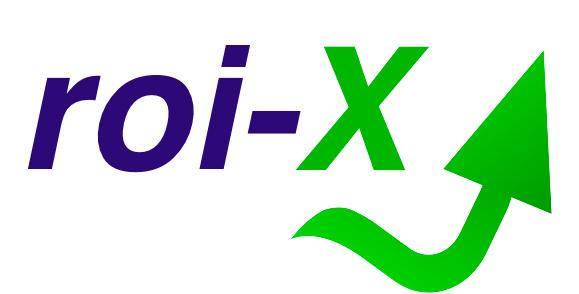Resilience
Adapt to and recover from disruption. Thrive beyond the initial challenge.
Capitalize on uncertainty
Organizations that reframe failure and operationalize disruptions capture additional value.

Outperform the market
“The only constant in life is change.” – Heraclitus
The world of work is constantly evolving. Growth, change, and crisis are omnipresent, stressing organizations. Stressed organizations make less courageous decisions that foster ineffectiveness and inefficiency. Stress per se is not the problem. It’s the lack of recovery. Recovery requires recovery time, and time is often diverted. Resilient companies conceive challenges as transformation opportunities, elevate them jointly with the organization’s capabilities, and create a structure of resilience. Resilience is future-oriented mindset.
The future is social,
People drive and sustain change. Their values define the trajectory of the business. 77% of business leaders believe that equally investing in people and technology is the top priority. Recognizing the importance of human skills and well-being is critical. Companies that focus on the future of work, shifts in workforce dynamics, and the democratization of work grow stronger as a team and organization, especially when stressed. Resilient companies establish lean and well-trained teams with visibility into their work. A human-centric approach encourages creativity and fosters a culture of experimentation and innovation, ultimately driving sustainable growth.
... diverse,
Cultural, generational, and individual work and learning styles vary. People are unique. Agile processes within the same neighborhood or on one platform with clearly defined roles and interfaces turn individuals into communicative collaborators. Tasks are assigned based on specific roles in alignment with employee skills and availability. Job satisfaction and productivity increase, buffering today’s pace of workload per employee increase. Resilient organizations diversify their workforce and their technology portfolio. Relying on a single technology or solution makes a company highly vulnerable to stress. Diversification spreads risk and enhances adaptability.
... and iterative.
Organizations come in all shapes and sizes. Their complexity requires constant management of competing priorities. The juggling of conflicting demands becomes a challenge during stress. Resilient companies institutionalize an operational structure of resilience. They reset leadership at relationship and social levels and create an environment of empathy. They think in probabilities, define a vision of success, and eliminate unproductive uncertainty via reminders, repetition, and rituals. Resilient companies effectively manage risk associated with technology changes, address cybersecurity threats, and understand the implications of data ownership and privacy.
